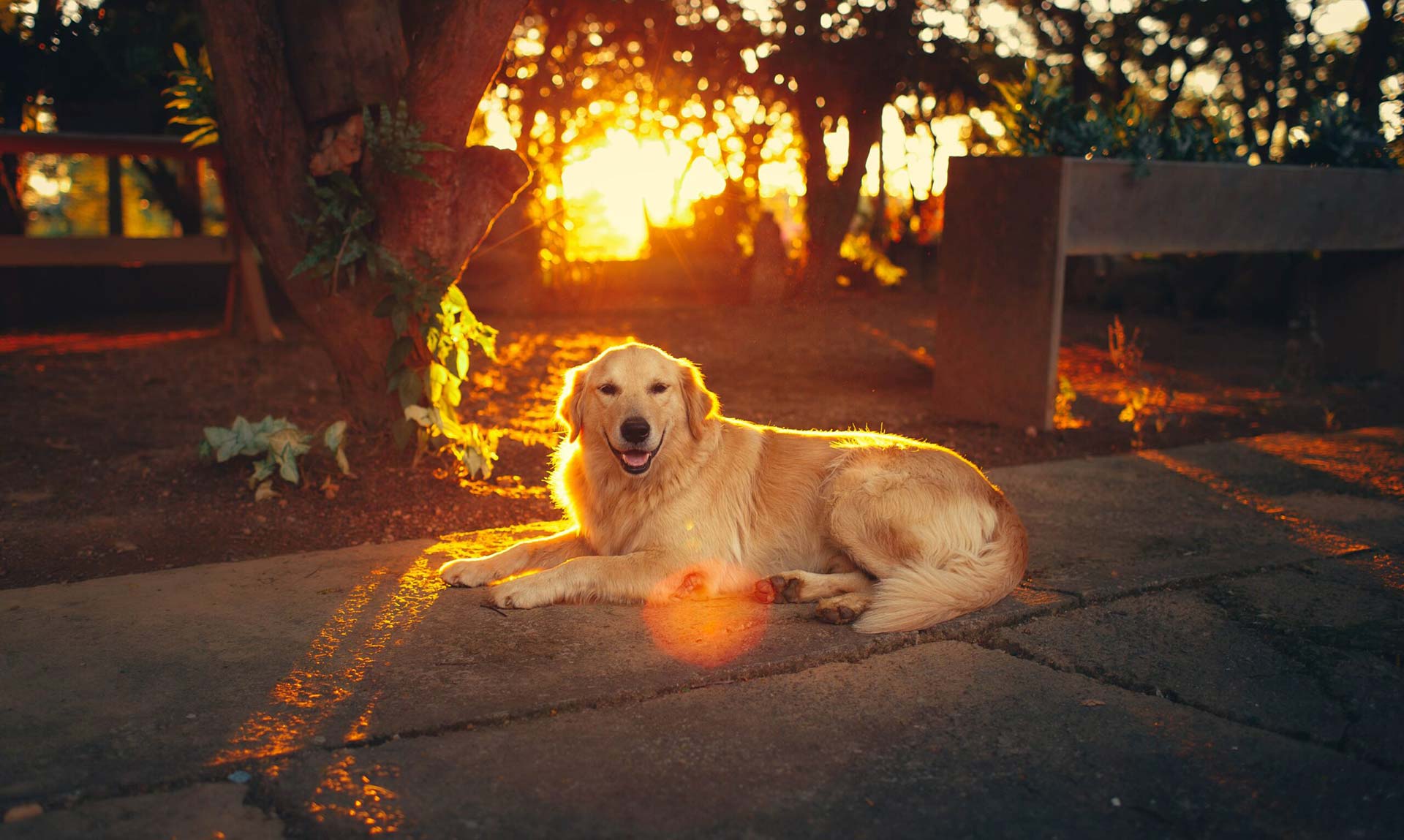Cane Corso ONLY
What is Dental Skeletal Retinal Anomaly?
DSRA is a hereditary disease in the Cane Corso breed characterized by abnormalities in the development and growth of the skeleton and teeth, which are markedly brittle, discolored, or translucent. The disease is associated with progressive retinal degeneration resulting in vision loss.
Test Results
DSRA is an autosomal recessive disease.
Normal/Clear – This dog has tested normal/clear for the mutation associated with DSRA. It can only transmit a normal gene to its offspring, and can be bred to a dog with any test result with no risk of producing affected offspring.
Carrier – This dog has tested as a carrier for the mutation associated with DSRA. There is no evidence that carriers develop clinical signs of the disease. It may transmit either a normal or mutated gene to potential offspring. Carriers may be bred to normal/clear dogs with no risk of producing affected offspring. However, those offspring should be tested to determine their possible carrier status.
Affected – This dog has tested as affected for the mutation associated with DSRA.
Tests are ordered online through the secure area of the OFA website. Payment is accepted by credit card (MasterCard and VISA). The OFA administers all order handling. Upon receipt of an order, the OFA will send out the test kit which will include a Foam-Tipped Applicator card for DNA sample collection, along with sample collection instructions. Using the FTA card technology, owners can safely collect DNA samples at home. The collection process is non-invasive, and no veterinary appointment is necessary.
Samples are then sent to the University of Missouri College of Veterinary Medicine where the samples will be processed by the Small Animal Molecular Genetics Lab. Results will be forwarded to the OFA, and the OFA will issue the resulting report to the owner.
The fee for each test includes the test kit, laboratory processing, and subsequent registration in the OFA databases.
